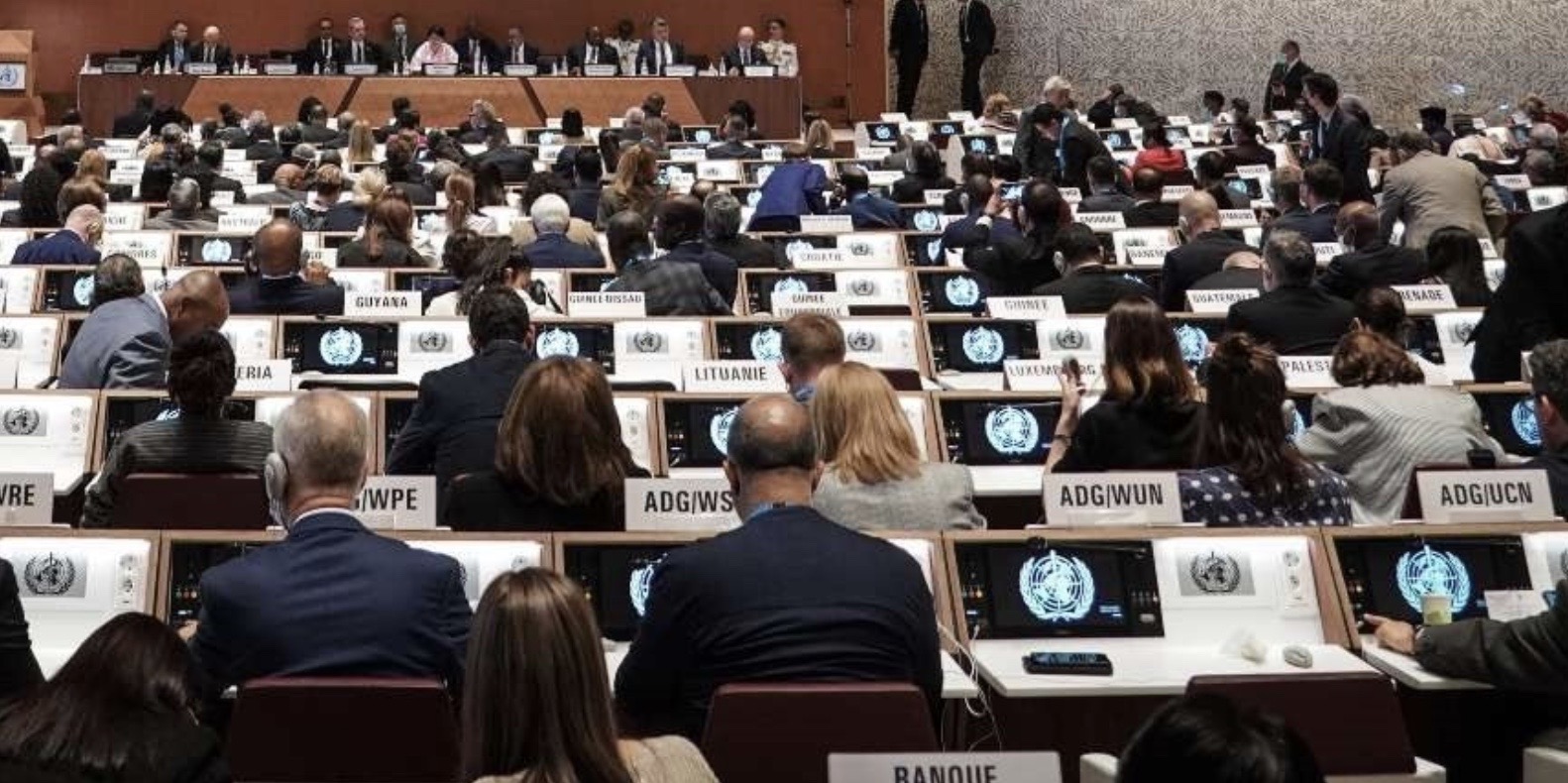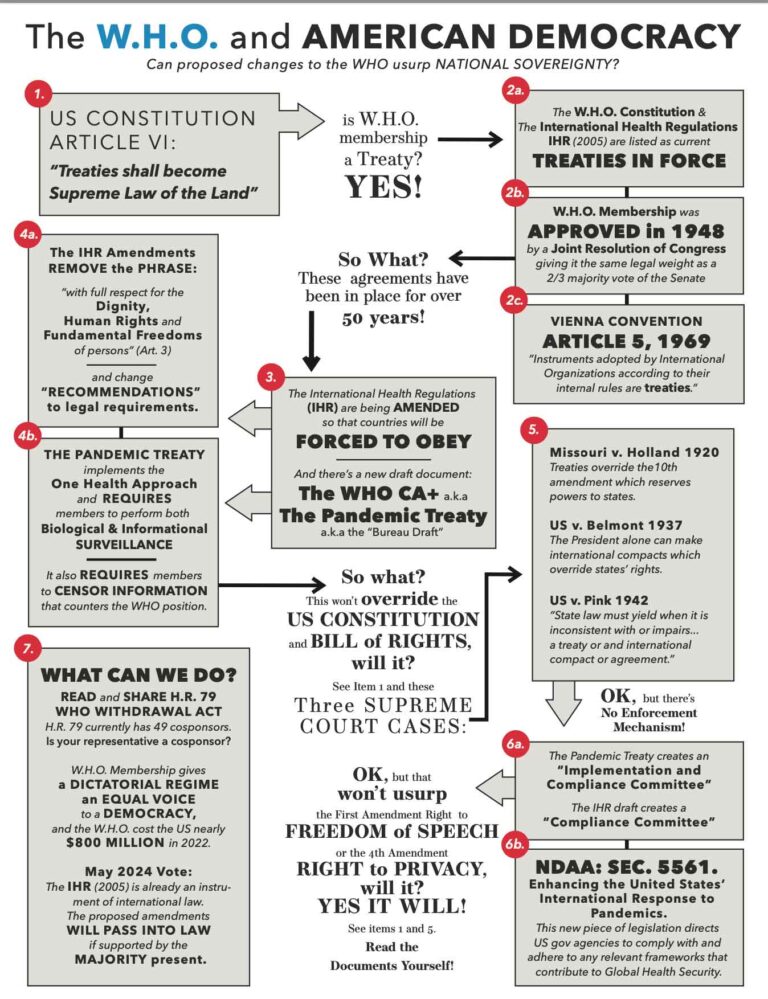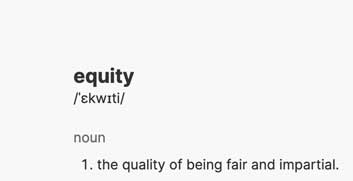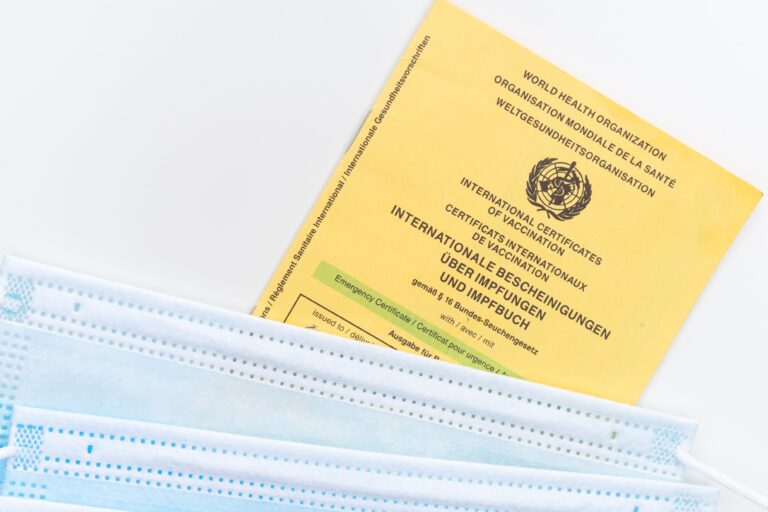The United States delegation to the World Health Organization must remain very clear that their involvement in the negotiations that are currently being conducted by the Working Group for amendments to the International Health Regulations (WGIHR) is legally obligated to adhere to two extremely important limitations.
LEGAL LIMITATION #1
The Joint Resolution that facilitated the United States’ membership in the World Health Organization (passed by Congress and signed by President Truman on June 14, 1948) clearly stated that the United States would be under NO obligation to enact legislation. Our delegates do NOT have the authority to agree to ANYTHING that would require the United States to enact any specific legislation.
The text below is from the Joint Resolution by which the United States originally joined the WHO:
In adopting this joint resolution, the Congress does so with the understanding that nothing in the Constitution of the World Health Organization in any manner commits the United States to enact any specific legislative program regarding any matters referred to in said Constitution. (1)
However, included in the proposals that are currently being negotiated by the Working Group for amendments to the International Health Regulations (WGIHR), is the following amendment submitted by the Russian Federation, which would require enacting legislation by all member nations.
Article 4 Responsible authorities
NEW (1bis) States Parties shall enact or adapt legislation to provide National IHR Focal Points with the authority and resources to perform their functions, clearly defining the tasks and function of then entity with a role of National IHR Focal Point in implementing the obligations under these Regulations. (2)
Agreeing to enact legislation to authorize the National IHR Focal Point to implement the obligations in the IHR would violate the spirit, intent and letter of the Joint Resolution by which the United States joined the WHO in 1948.
LEGAL LIMITATION #2
Several dozen of the 300+ proposed amendments to the International Health Regulations appear to exceed the authority of the World Health Assembly as defined in Article 21 of the World Health Organization’s Constitution.
The WHO Constitution only gives the World Health Assembly the authority to adopt regulations that are limited to the following 5 categories…
The Health Assembly shall have authority to adopt regulations concerning:
(a) sanitary and quarantine requirements and other procedures designed to prevent the international spread of disease;
(b) nomenclatures with respect to diseases, causes of death and public health practices;
(c) standards with respect to diagnostic procedures for international use;
(d) standards with respect to the safety, purity and potency of biological, pharmaceutical and similar products moving in international commerce;
(e) advertising and labelling of biological, pharmaceutical and similar products moving in international commerce. (3)
Under the guidelines set forth in Article 21 of the World Health Organization, the World Health Assembly does NOT have the authority to adopt regulations that would do any of the following:
- Place any obligations or responsibilities upon member nations, regardless of their relative capabilities or “differentiated responsibilities”
- Require or restrict the use of any medical product, therapy or treatment
- Override member nation’s health care decisions
- Finance, control, direct or govern the member nations’ response to any outbreak of disease or other “emergency”
- Finance, control, direct or govern the “recovery” of the health care systems of member nations’ after an outbreak of disease or other “emergency”
- Require access to personal health information in the form of a vaccine certificate, prophylaxis certificate, testing certificate or recovery certificate
- Require member nations to meet core requirements within their own health care systems
- Require member nations to provide universal health care or health coverage
- Require expenditures within member nations
- Require the exchange of pathogens or genetic information from one nation to another or from any nation to the WHO
- Require one member nation to assist any other member nation, financially or otherwise
- Establish any form of “financial mechanism” to redistribute wealth from one member nation to another
- Establish or maintain local production and/or distribution facilities
- Devise or implement an allocation plan or mechanism to regulate the logistics and distribution of medical products
- Control the pricing or distribution of products and/or services
- Seek to require or raise funding via the regulatory authority in Article 21
- Require member nations to comply with WHO dictates
- Oversee the member nations implementation of or compliance with regulations
- Censor information or opinions in any way
- Require nations to manufacture and provide pandemic response products
- Require nations to help other nations or insist upon an “obligation of duty to cooperate”
- Require changes to intellectual property laws
- Require nations to build core capacities
- Censor speech, the press, or opinions or comments on social media or any other platform
- Set clinical guidance or treatment protocols
SUMMARY:
The United States delegation to the WHO must demand that the proposed amendments to the International Health Regulations remain within the boundaries set by the initial Joint Resolution of Congress through which the United States became a member of the WHO as well as the limitations imposed upon the adoption of regulations by the WHO by Article 21 of the WHO Constitution.
(1) https://uscode.house.gov/statviewer.htm?volume=62&page=442
(2) https://apps.who.int/gb/wgihr/pdf_files/wgihr1/WGIHR_Submissions-en.pdf (page 165)
(3) https://apps.who.int/gb/bd/pdf_files/BD_49th-en.pdf (pages 12-13)








